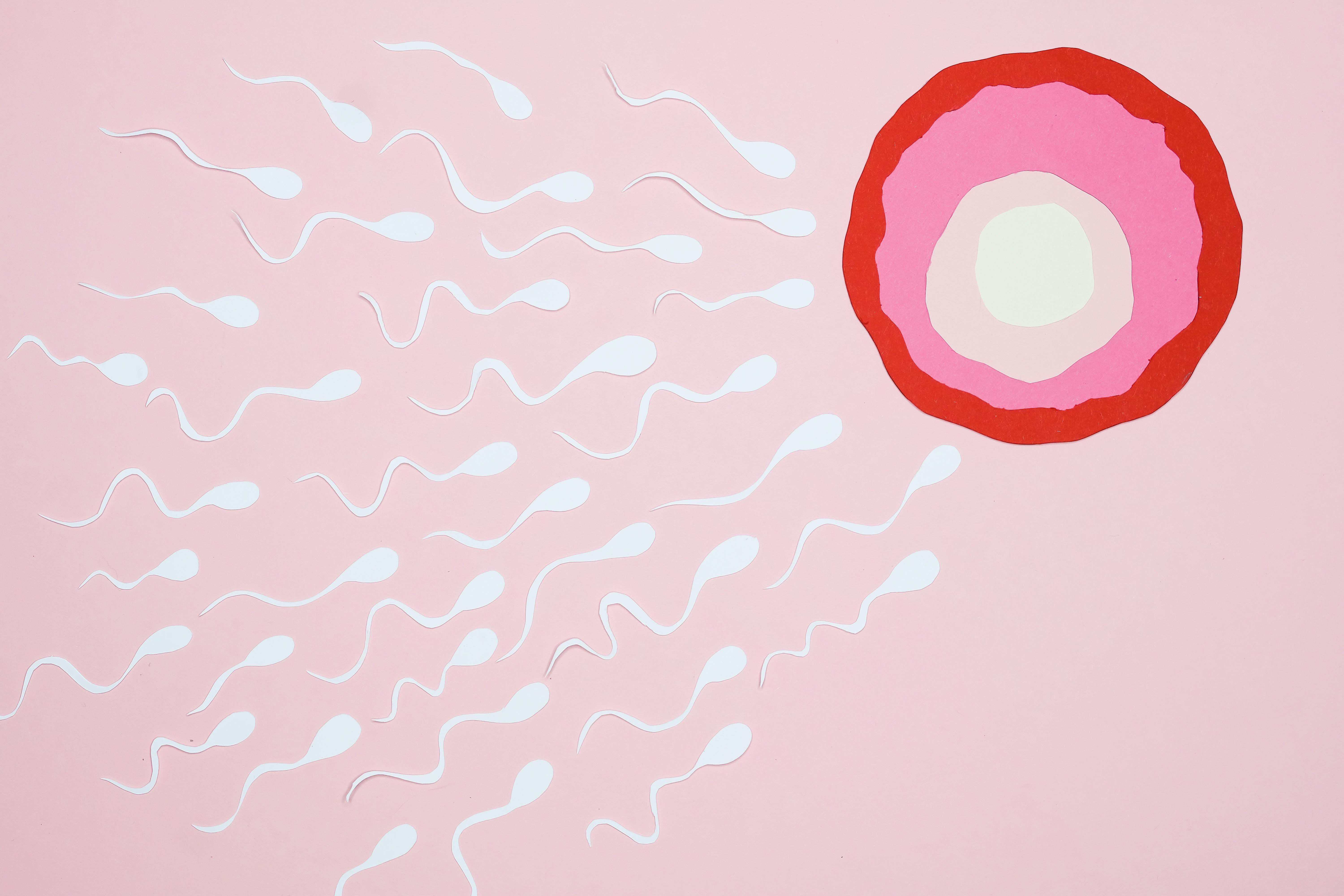Understanding UK Fertility and Conception: Expert Tips and Facts for Successful Pregnancy

Every couple embarking on their journey towards parenthood needs quality and accurate advice about fertility and conception. In this article, we provide comprehensive insights specifically geared towards understanding UK fertility and conception, sharing expert tips and crucial facts that can enhance your probability of successful conception and pregnancy.
The Timeline of Fertility in Women
In the world of fertility, timing plays an important role. Typically, a woman's fertility begins in her teenage years and goes on until menopause, usually around the age of 45-55. However, it doesn't remain constant throughout her life. Peak fertility occurs in the early-to-mid twenties and starts declining after age 30. By age 35, the decline becomes more noticeable and accelerates further when she reaches her 40s.
Understanding Conception and Pregnancy
Contrary to popular opinion, conception doesn't always occur immediately after intercourse. For conception to occur, a complex series of events need to take place. The male sperm must travel through the cervix into the uterus and finally into the fallopian tubes. Here, it must fertilize the egg released by the female's ovaries. This fertilized egg then moves to the uterus, where it implants itself into the womb lining and grows into a baby.
Key Factors Affecting Conception
Several factors can affect conception. These include age, health status, lifestyle, weight, stress levels, and even the timing and frequency of sexual intercourse. For example, smoking, excessive alcohol consumption, and obesity can negatively impact fertility in both men and women. Regular exercise, a healthy diet, maintaining a normal weight, and reducing stress can all improve fertility.
Planning for Pregnancy: How to Boost Fertility
Planning for pregnancy involves more than just choosing the perfect baby name. It calls for a comprehensive health check-up and lifestyle evaluation. Both men and women need to prepare their bodies for the task ahead. Regular exercise, a balanced diet, and maintaining an ideal weight are crucial. Avoid smoking and minimize alcohol intake well ahead of trying to conceive. It’s also essential to monitor menstrual cycles to identify the fertile window, which typically lasts for six days: five days before ovulation and the day of ovulation itself.
Fertility Treatments and Advance Methods
Not all couples can conceive naturally, and that's perfectly normal. There are a myriad of fertility treatments available, from medication to aid ovulation, surgical procedures to rectify certain conditions, to more advanced methods like In Vitro Fertilisation (IVF) and Intra-cytoplasmic Sperm Injection (ICSI).
Mental Health and Fertility
Discussing fertility and conception doesn't only revolve around physical health; mental well-being is equally significant. Stress can hamper fertility in both men and women, and struggling with conception can also lead to stress – a classic vicious cycle. There is a crucial need to debrief emotions, maintain open communication with your partner, and potentially seek professional help if the stress becomes overwhelming.
Conclusion
Navigating the path to parenthood can be exciting yet intimidating. A clear understanding of fertility and conception, coupled with an informed and healthy lifestyle, can make the journey smoother. It's important to remember that every couple’s journey is unique and it's normal to seek help and explore fertility treatment options if needed. Prioritizing mental health is equally vital during the process. With these expert tips and facts, you are now equipped to embark on your journey confidently. Remember, when it comes to fertility and conception, knowledge is indeed power.





